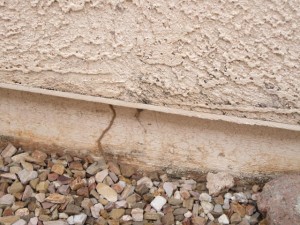Active Adult Community? Questions to Ask Yourself…
Monday, December 7th, 2015 So you are thinking about a retirement community…or in the proper parlance, an active adult community. There are several questions you should consider and discuss with your partner.
So you are thinking about a retirement community…or in the proper parlance, an active adult community. There are several questions you should consider and discuss with your partner.
You can do what is known as a “Ben Franklin”- take a sheet of paper, fold it in half lengthwise, and on one side write all the pros – reasons you want an active adult community- and on the half, list all the cons – reasons you may not want an active adult community. Both parties should do the same, and the fun of the game is not to talk with each other about your lists.
Give yourself two weeks or so to do this. As you go about your daily business, you will think of reasons for either column, then write them down. At a previously agreed upon time, over coffee or wine, in a relaxed atmosphere, pull out your lists and discuss them.
You may want one thing and your partner another…this is a time to sit and discuss what is on the list and prioritize what you have created. You will find that this exercise will help you both formulate what is important to you both, or what is important to one, but perhaps not another. It will help you to understand what you features you can comprise.
Do you want a single family home? And if so, what kind? A regular Single Family home or a patio home? Or do you want a town home or a condo. In my last blog, I discussed the differences.
Are you looking for a community which provides a plethora of activities which are pretty much contained within the community? Or do you want to participate in activities such as classes at Olli, classes and activities from Parks and Rec which run the gamut from learning how to play tennis to advanced pottery classes. Or are you a volunteer type of person who would become a docent for the Symphony, for the Desert Museum.
This is your retirement and this is your opportunity to do what you have always wanted to do! Unfortunately many people never think about this and just kind of stumble along in life. Make this time for you, for you are the most important person in your world! Do the hard work now so you can enjoy your time in retirement, wherever it is!




